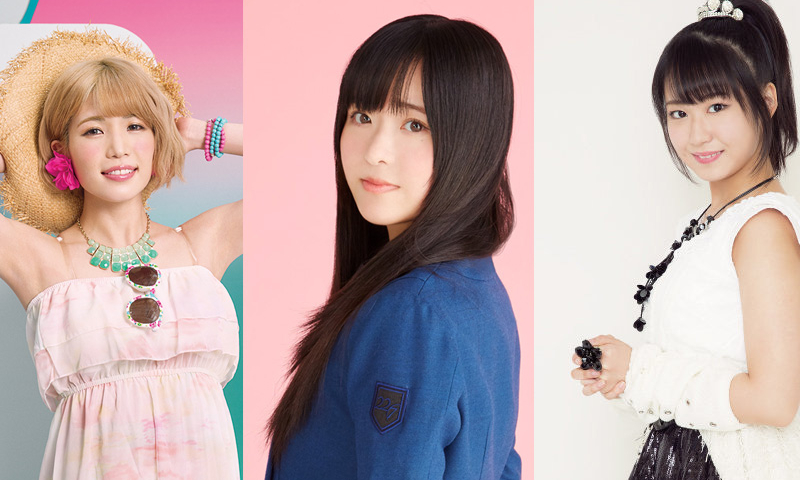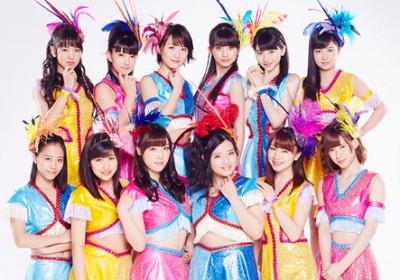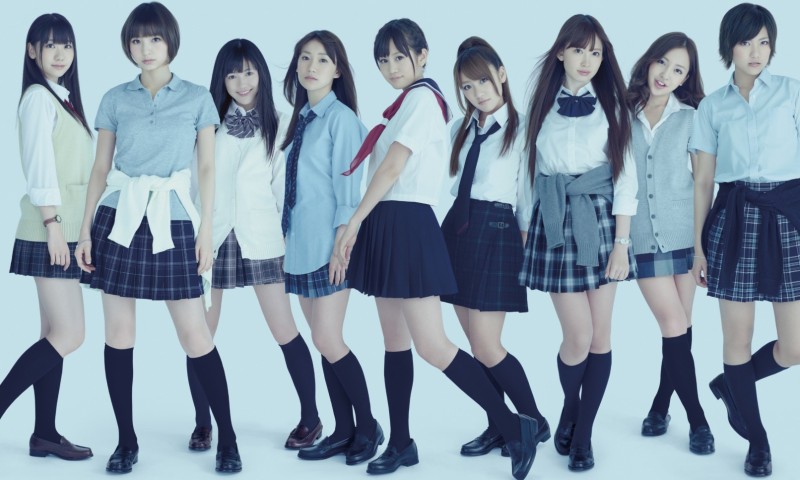
Breaking the Language Barrier with Bilingual Idols


Sponsored Links
It is said that the language Japanese is having many polite and vague phrases, and when it comes to non-Japanese people, you’ll sure to stuck with understanding some phrases used just as custom, because some of them are really difficult to translate directly to English!
Here I pick up 5 Japanese phrases that are commonly used but cannot be translated directly to English. The phrases are used from young to old, so let’s learn them for practical use!
This phrase is mostly used after you finish working. The literally meaning of “Otsukaresama Deshita” is “Thank you for your hard work”.

There are more casual way of saying “Otsukaresama Deshita” as well!
-Otsasukaresama(おつかれさま): without “desu”. You can use it for colleagues getting along well and among your friends.
-Otsu(おつ) : This is super casual version but useful on social media! As this is very light word, please use this only to someone you are really close to.
This is the phrase mostly used in business scene. Literally it means ” I appreciate all you have done for me.” or “Thank you for taking care of me.”, but it doesn’t have such a serious meaning every time. Japanese people tend to use the phrase as custom because we say it even we do not know the the client very well.

The most used case is for business e-mail. After you write the recipient name, “Osewa ni Natteorimasu” has to be followed. Few people are feeling gratitude to the recipient when writing it, but this is one of the business manners in Japan. You cannot start talking without writing it!
However, if it’s inquiry or the first contact, it is a bit wired to use the phrase. Instead of “Osewa ni Natteorimasu”, you better to use “Hajimemashite (初めまして)” which means “Nice to meet you”.
For people who often watch or read idols/artists’ interview, this phrase won’t be new. The meanings of “Yoroshiku Onegaishimasu” are very different depend on the cases and contexts!
If it was used in the beginning of the interview, it means “nice to meet you”, however, if it’s in the end, it means something close to “please keep cheering me/please treat me well”. Tokyo Girls’ Update has been publishing a lot of idols/artists interview articles and videos, but every one of them say “Yoroshiku Onegaishimasu” somewhere during the interview.

Screen cap from Idol Renaissance Interview http://tokyogirlsupdate.com/featured/idol-renaissance-interview.html
However, the situation becomes different on business scene. For the first contact, it mostly means “Nice to meet you, I’m looking forward to working with you”. However, for example, if your client says “Yoroshiku Onegaishimasu” about your project, it could mean “Please do good job, less troubles please”. However, saying the phrase is one of the Japanese business people’s customs, so you don’t need to feel pressures. It could means “Let’s make this project success!” or “Please keep your good work”. It really depends on the situation! You just have to read between the lines!
The word “Tekitou” can have both positive and negative meaning depending on the context.
In casual situation, for example, when it used among friends, it could mean “good enough”.
e.g.) Ah you don’t need to work hard for it. Just do it “tekitou”(good enough).

Tekitou Study~~~
If you hear “tekitou” among friends’ chat, you can just relax, you don’t need to feel stressed out. Spending your 50% power would be enough. Take it easy!
However, in serious situation, such as business scene, most of the cases it means “appropriate”.
e.g.) Please put it on “tekitou”(appropriate) place.
When you hear the word, you need to think about the situation and people you’re talking with!
This is one of the Japanese slangs commonly used especially among the young. Originally the meaning was “dangerous”, “scary”, or “extreme” ; it was rather used for negative sense. However, the word has also positive meaning “super good” or “awesome”. It is mostly used as the word of reaction when you are surprised!

e.g.)
-This cake is Yabai!!!! (This cake is super delicious!!!!)
-OMG! Yabai! (OMG! That’s amazing!)
The meaning is quite vague and, but when you are pleasantly surprised by something, try using the word! Most of the cases it will work! However, it is very casual word, so don’t used it at business scene!
Those five phrases are really Japanese and difficult to translate, but very commonly used. By knowing the meaning of words, you might be able to get deeper understanding of Japanese mind!
Sponsored Links

Morning Musume.’16 Starts a Disco Inferno in the MV for “Utakata Saturday Night”

Risa Satosaki Reveals Everything in the MV for “S!NG”!


